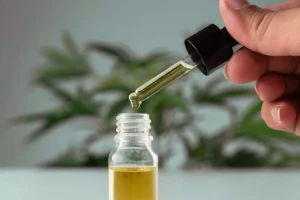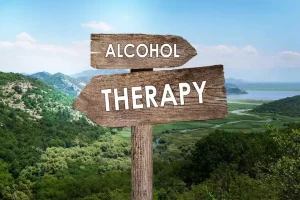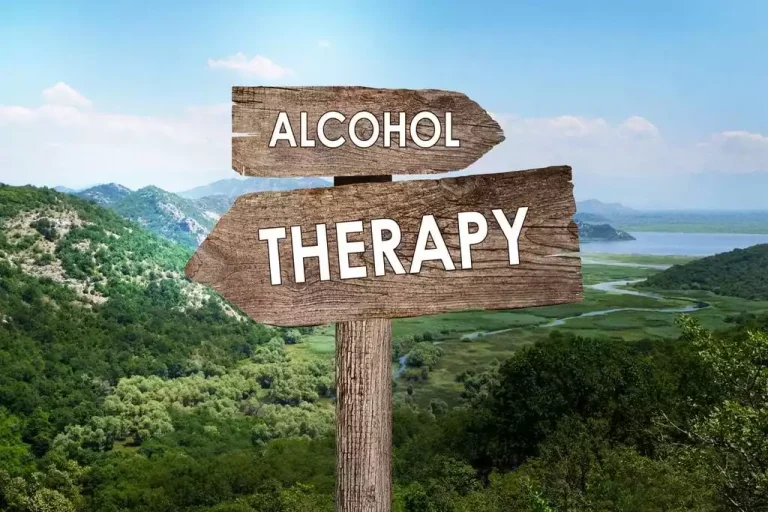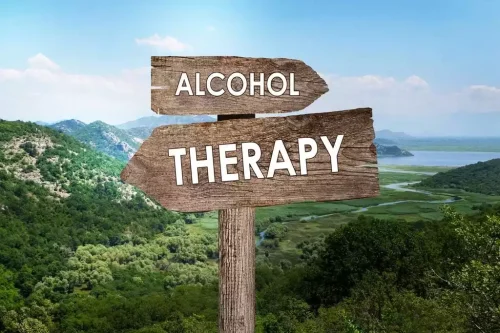52 Ways to Identify a Covert Narcissist

Tangled in a web of deception and self-centeredness, the covert narcissist alcoholic’s story unfolds with unexpected twists and turns. People with NPD may be more likely to misuse alcohol and develop AUD. Also, people with AUD might seem to behave similarly to people with narcissistic traits.

Escaping a Narcissistic Mother’s Grasp

The covert narcissists also seek control in their intimate relationship, but with behaviors that are subtler. Like the overt narcissist, they too want to be thought well of and admired to offset not feeling appreciated. Rather than displaying arrogance, however, they often act withdrawn, anxious, and at times self-critical. These signs highlight how individuals with covert narcissistic traits may use addiction as a means to fulfill their need for validation, control, and superiority while masking their insecurities and lack of empathy. Understanding these signs is crucial in recognizing the complex dynamics at play in individuals struggling with both covert narcissism and addiction.
High sensitivity to criticism
Her fields of interest include Asian languages and literature, Japanese translation, cooking, covert narcissism and alcoholism natural sciences, sex positivity, and mental health. In particular, she’s committed to helping decrease the stigma around mental health issues. But they generally do these things to win the approval of others. If they don’t receive praise or admiration for their sacrifice, they may feel bitter and resentful and make remarks about how people take advantage and don’t appreciate them. When they believe someone’s treated them unfairly, they might feel furious but say nothing at the moment. Instead, they’re more likely to wait for an ideal opportunity to make the other person look bad or get revenge in some way.
- And this is also why recidivism is as high as 60 percent within the first year after rehab.
- “Covert narcissists get their attention in very subtle and sneaky ways, and they often may not even know that they’re doing this,” says Dr. Albers.
- They may be very fragile and require lots of affirming attention as well as being damaging to those around them.
- In treating addiction and dual diagnosis cases involving covert narcissism, a comprehensive approach that considers both the addiction and underlying narcissistic tendencies is essential.
Signs of Covert Narcissism in Addiction
- Many partners of covert narcissists report confusion, self-doubt, and a loss of trust in their own perception, often the result of being the recipient of emotional and psychological abuse.
- Someone with covert narcissism will still present signs of grandiosity and have low empathy, but probably act in a more subtle way than someone with overt narcissism.
- Alcohol may temporarily alleviate feelings of inadequacy or boost confidence in individuals with NPD, leading to increased consumption.
- Mysterious and manipulative, delve into the world of covert vs communal narcissists to uncover their contrasting facades and manipulative tendencies.
In a relationship with someone with Borderline Personality Disorder, the behavior of covert vs communal narcissists varies. While covert narcissists display manipulative and secretive behaviors, communal narcissists tend to appear more https://ecosoberhouse.com/ caring and selfless. Both types can exacerbate the challenges of the relationship for the person with BPD.
Mental health professionals must carefully assess symptoms to distinguish between NPD traits and alcohol-induced behaviors. Both types share core narcissistic traits but express them differently. Vulnerable narcissists may internalize their feelings of superiority, while grandiose narcissists externalize them more openly. Educating oneself about covert narcissism and the tactics they employ is key in recognizing and responding to their manipulative behaviors. Understanding these behavioral patterns is crucial in recognizing and addressing narcissistic traits in relationships. It’s like navigating a minefield, where every step must be taken with caution and awareness.

Narcissistic personality disorder

Five outcome variables (alcohol use, problems, and problem recognition, expectancies and evaluations) were tested in steps. For each regression model, gender, social desirability, and alcohol use (in the models where it wasn’t the outcome) were entered at Step 1. Though age was collected, it was not controlled for due to the sample being so homogenous.
- Though they present narcissistic traits differently, both covert and overt narcissists tend to meet the criteria for NPD outlined by the DSM.
- “To the extent that you can’t depend on people, you’ll depend on other sources to soothe yourself, like feeling special (narcissism) or watching pornography or getting drunk.
- Alcohol abuse exacerbates these traits, causing mood swings and unpredictable behavior.
- He also delves into the psychological reasons why covert narcissists turn to alcohol and the impact of alcohol on their behavior and self-perception.
How to respond to or deal with a covert narcissist
Trust issues often arise as the narcissistic alcoholic may lie or manipulate to cover up their drinking habits. Narcissistic Personality Disorder (NPD) is a mental health condition defined in the Diagnostic and Statistical Manual of Mental Disorders, 5th Edition, Text Revision (DSM-5-TR). It is marked by a pervasive pattern of grandiosity, need for admiration, and lack of empathy. A covert narcissist may appear charming on the surface but lack genuine empathy or concern for others.
Overt vs. Covert Narcissists

If you tend to say things like, “I’m such a loser,” or “I’m such an idiot,” others will quickly step in to oppose those negative comments and come to your rescue. And those feeling of support and admiration, however sincere or surface-level, may feel like a boon to your self-esteem. This introvertive form of narcissism, called covert narcissism, may cause people to be more sensitive to criticism, have difficulty fitting in and become self-deprecating in an attempt to garner attention from others. Covert narcissists may also be more prone to social anxiety, passive-aggressive behavior and exacting revenge on others when they’re backed into a corner. Enabling behavior can perpetuate the cycle of alcoholism and narcissism by shielding the alcoholic narcissist from the natural consequences of their actions.
Health Challenges
The strong desire for positive or admirable recognition can propel the covert narcissist to appear altruistic in public. When this occurs, the partner sees what their partner is capable of yet doesn’t experience this privately. The non-narcissistic partner is thrown into confusion and the mistaken belief that they are the cause. When they want to move out of isolation and speak their truth, they don’t expect to be believed.
